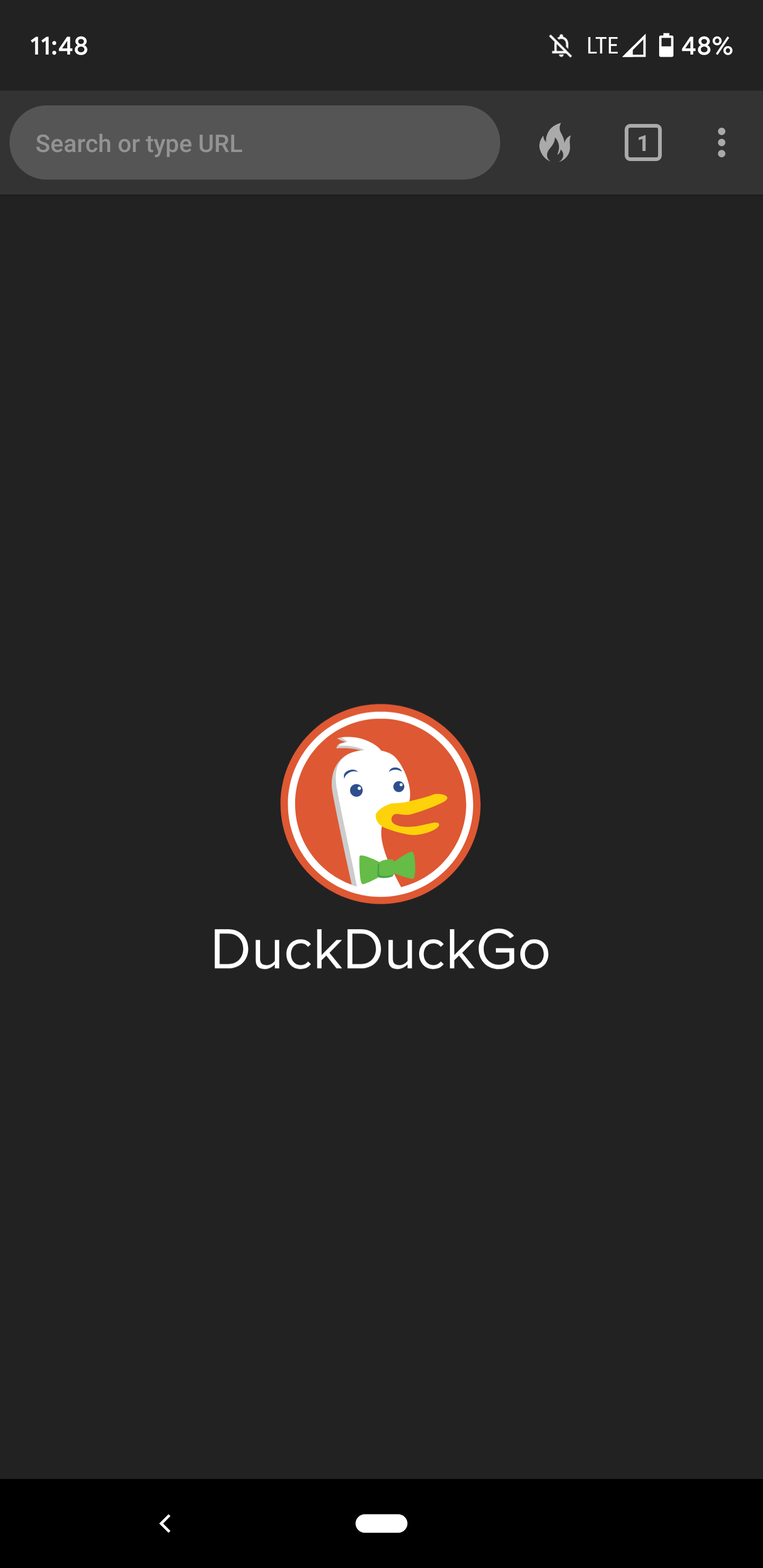

So, not only does the service itself keep your browsing private, it also prevents third parties from tracking you as well.Īs you use its services, Google creates a profile on you based on personal data, such as your search habits and purchasing history. Unlike Google, DuckDuckGo doesn’t auto-suggest new searches because it never collects your search history to begin with-this felt like a small price to pay for more private browsing.Īnother refreshing privacy feature: DuckDuckGo actively blocks external trackers from following you around online. If you don’t like this, however, these settings can be changed by turning off personal results.

Google’s (admittedly handy) Autocomplete prediction works by reflecting both real searches done by other users on Google as well as your own past searches. The entire time I was using the search engine, I didn’t feel inconvenienced by the lack of personalization. Privacy is the biggest draw of DuckDuckGo, and it applies it in a way that doesn’t feel restricting. Using DuckDuckGo brought me back to a simpler time when a search engine was only there to answer questions like, “What is the best laptop under $1000?” or “What was Tim Robbins’ character’s nickname in Top Gun?” (It was Merlin.) I barely remember a time when my every move wasn’t tracked, analyzed, and then marketed back to me through targeted suggestions and ads. Google has taken steps to address the issue by allowing you to disable search personalization under settings, but I suspect many users are still unaware of this option. Over the last 12 months, our apps have been downloaded more than 50M times, our search traffic increased 55%, we became the #2 search engine on mobile in U.S., Canada, Australia The Netherlands & other countries, and our estimated user count doubled to between 70-100 Million users.For someone who has used Google most of his adult life, this feels oddly refreshing. Consumers deserve a competitive search market where the search engines they want are actually “just one click away.” A properly designed search preference menu Millions Choose Simple Privacy Protection with DuckDuckGo
#Duckduckgo browser extensions series
When using the DuckDuckGo all-in-one privacy browser extension for desktop Firefox, Search Engines Should be Able to Guide Consumers to Search Preference MenusĬonsumers deserve a competitive search market where the search engines they want are actually “just one click away.” This is the ninth in our series of posts about search preference menus. HTTPS Everywhere extension by EFF now powered by Smarter Encryption from DuckDuckGo dataset. That’s why our apps have been downloaded more than 50 million times over the last 12 months, more than all prior years combined. Google has created a new tracking method called FLoC, put it in Chrome, and automatically turned it on EFF Adopts DuckDuckGo HTTPS DatasetĭuckDuckGo is the “easy button” for online privacy. It’s bad for privacy, which is why we’re now blocking it in the DuckDuckGo extension. Google has created a new tracking mechanism called FLoC, put it in Chrome, and automatically turned it on for millions of users.

Use the DuckDuckGo Extension to Block FLoC, Google’s New Tracking Method in Chrome As yet another sign of how privacy is now completely mainstream, the major desktop browsers are stepping up their privacy promises. To really stop cross-site trackers, you have to prevent them from actually loading in your browser, which is a critical blocking feature that we provide in our all-in-one privacy browser extension & mobile browser. That’s why we pack our DuckDuckGo mobile apps and browser extensions with so Most Browser Tracking Protection Doesn’t Actually Stop Tracking by Default, but We Can Help At DuckDuckGo, we believe that everyone deserves simple online privacy protection. Global Privacy Control (GPC), the setting exercising your legal right to opt-out of the sale & sharing of personal data, is now enabled by default in the DuckDuckGo app & extension. Global Privacy Control (GPC) Enabled by Default in DuckDuckGo Apps & Extensions


 0 kommentar(er)
0 kommentar(er)
